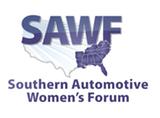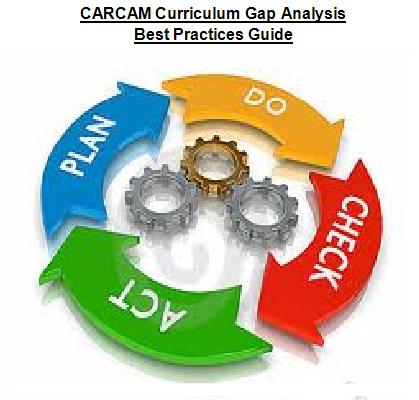|

|
| Maintenance Intern Mason Pierce, left, gets training from L.D. Harrison at the Hyundai plant in Montgomery, Ala. on Friday August 21, 2015. Hyundai is continuing and expanding a training partnership with Trenholm Tech |
|
Mason Pierce started taking classes at H. Councill Trenholm State Technical College last August. At the same time, a group of eight other Trenholm students were finishing a paid summer internship program at the Hyundai assembly plant in Montgomery.
The plant extended job offers to three of those interns and has already hired one full-time.
A year later, Pierce is among the second wave of Trenholm students interning at the plant and training for a job that can pay $60,000 to $80,000 a year.
“You have the opportunity to make a decent living in this field,” Pierce said. “Going to school four or five years to be a nurse is a little different than going two years to (do this).”
Pierce is learning industrial maintenance — the care and upkeep of the machines that keep the auto plant churning. It’s a job that’s in-demand, particularly in an area of central Alabama that’s suddenly thick with automotive jobs.
In fact, Hyundai Motor Manufacturing Alabama approached Trenholm last year because the plant needed more qualified job candidates.
“There was a humongous need when it came to hiring maintenance team members,” said Delecia McIntyre, the plant’s assistant manager of human resources employment. “We wanted to be able to hire students from within the community.”
McIntyre called the program “quite successful” and said the plant is considering starting similar partnerships with other community colleges.
Meanwhile, Sam Munnerlyn, president of Trenholm State Technical College, said it has helped keep students enrolled until graduation.
“When they find out about a program such as this, of course they want to stay in for those last two or three semesters so they can participate, knowing it may lead to employment later,” he said.
He said the school is hoping to speed up the process through its dual-enrollment programs, which allow high school students to take college courses. That could establish a workforce pipeline for in-demand jobs like the one Pierce is doing and “move students into the world of work a lot faster,” Munnerlyn said.
Munnerlyn said Trenholm hopes to form similar partnerships with other companies as that pipeline takes shape.
Even after training on similar equipment at Trenholm, Pierce admits he’s learning a lot each day now that he’s able to go hands-on at Hyundai. He’s there three days a week, learning everything from safety to the ins-and-outs of the tools that plant workers use for the specific job.
One thing he didn’t have to be told was how in-demand these types of jobs are, and not just at Hyundai.
“There’s a lot of jobs available in this field,” Pierce said. “I speak for all the interns — that’s why we’re here.
“We know that, and we’re giving it all we’ve got.”
Full Article: http://www.montgomeryadvertiser.com/story/news/local/2015/08/21/hyundai-turns-students-fill-jobs/32131659/
|



























